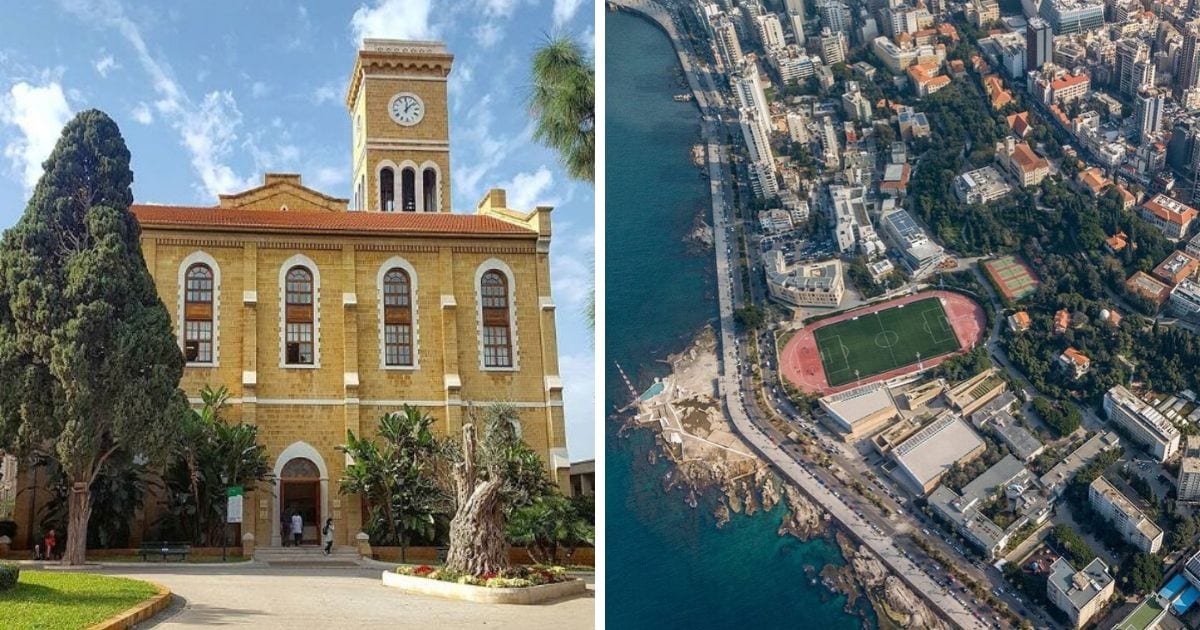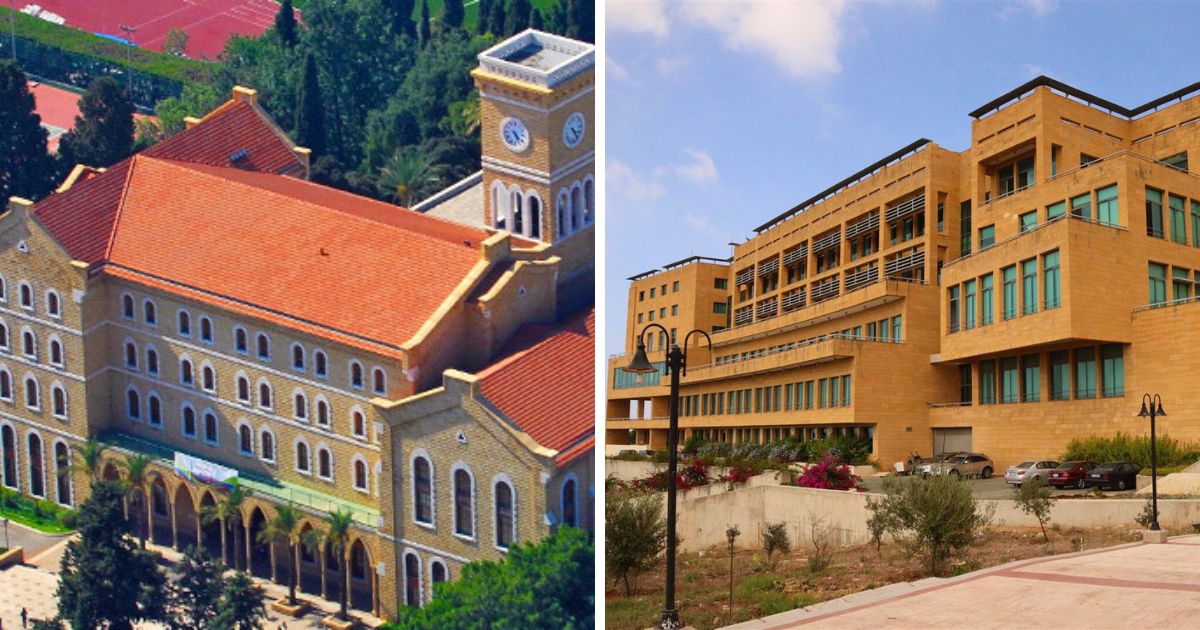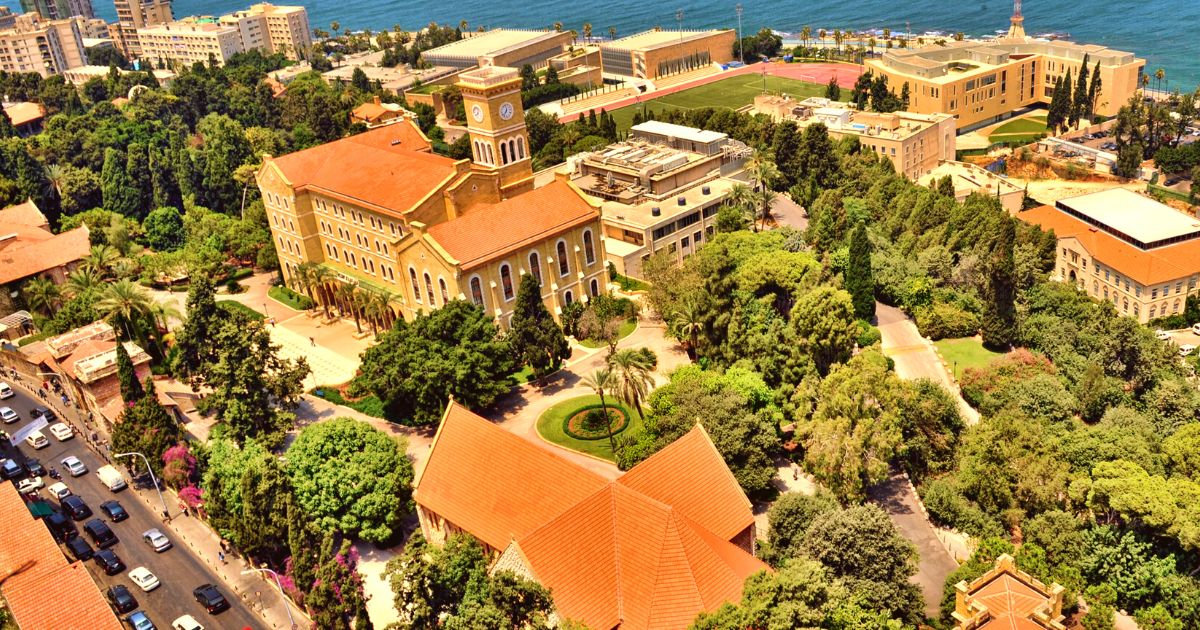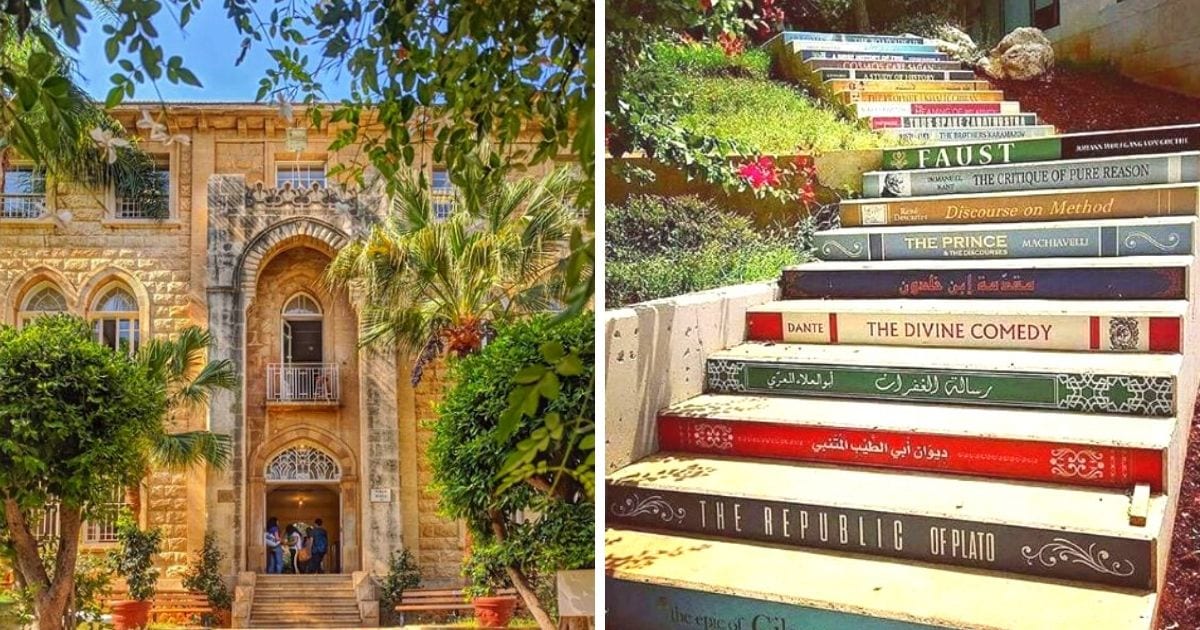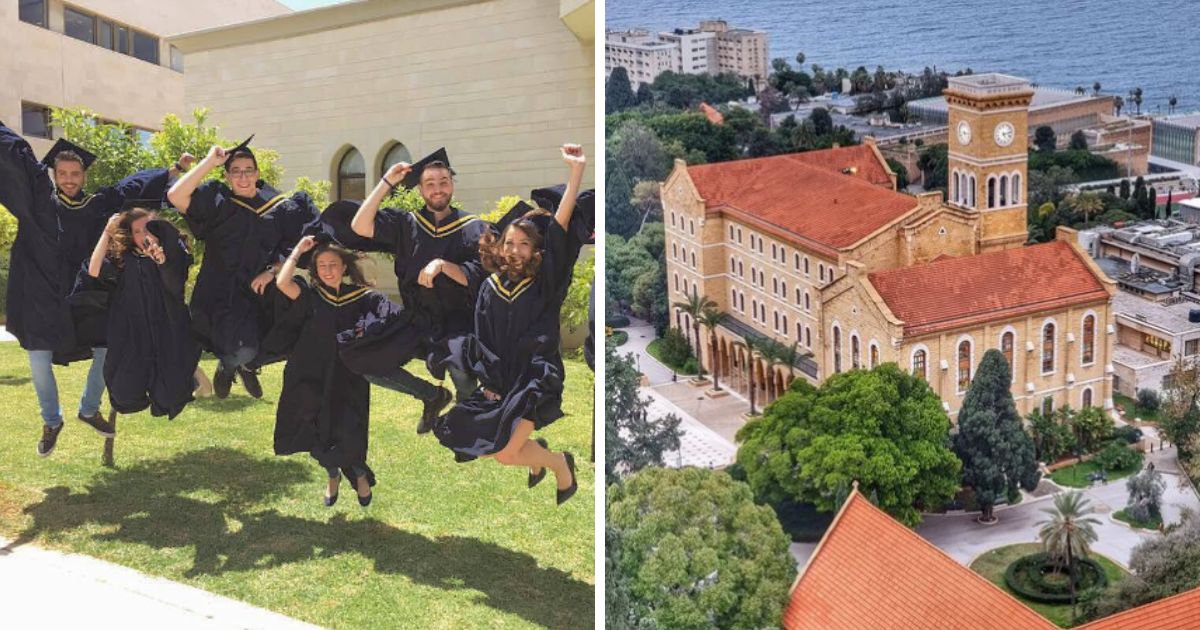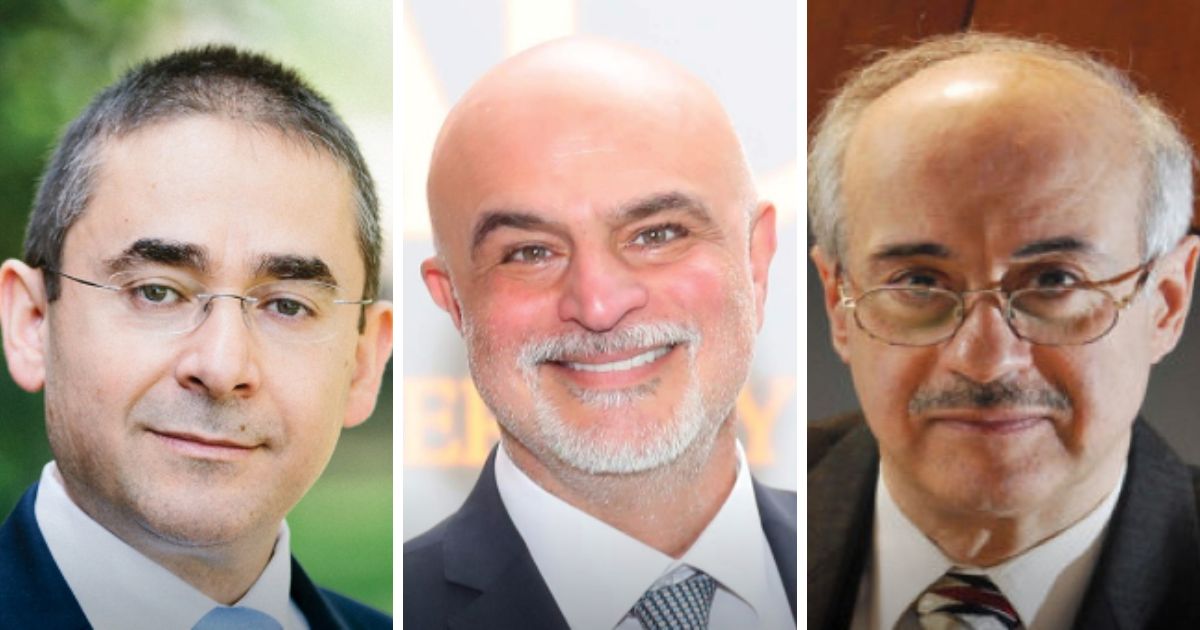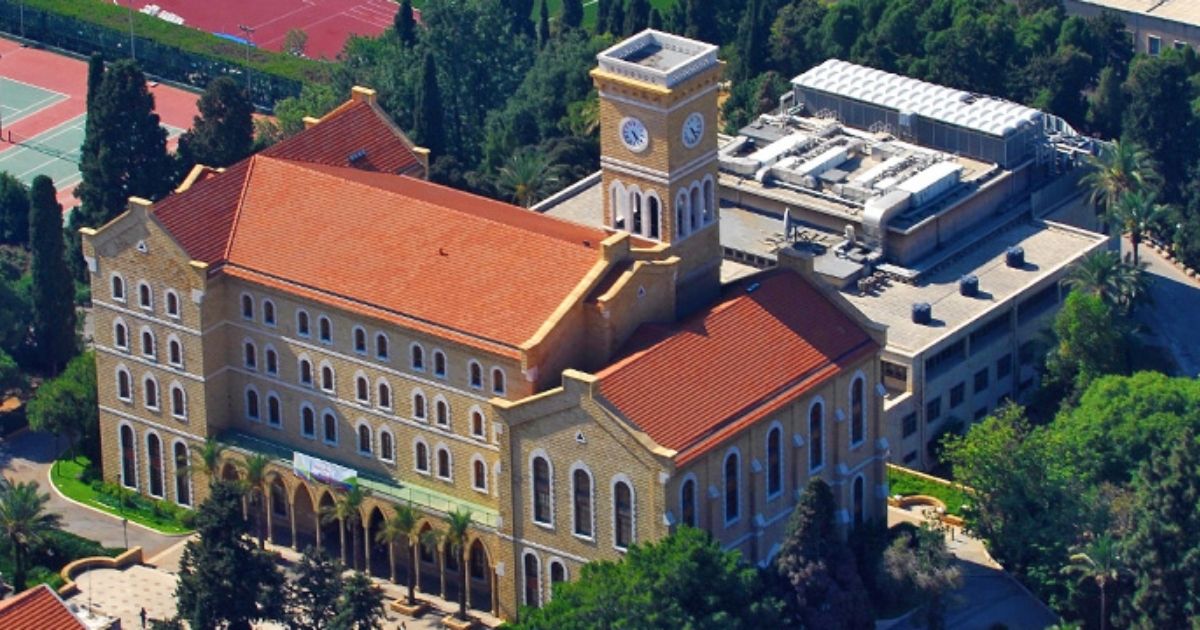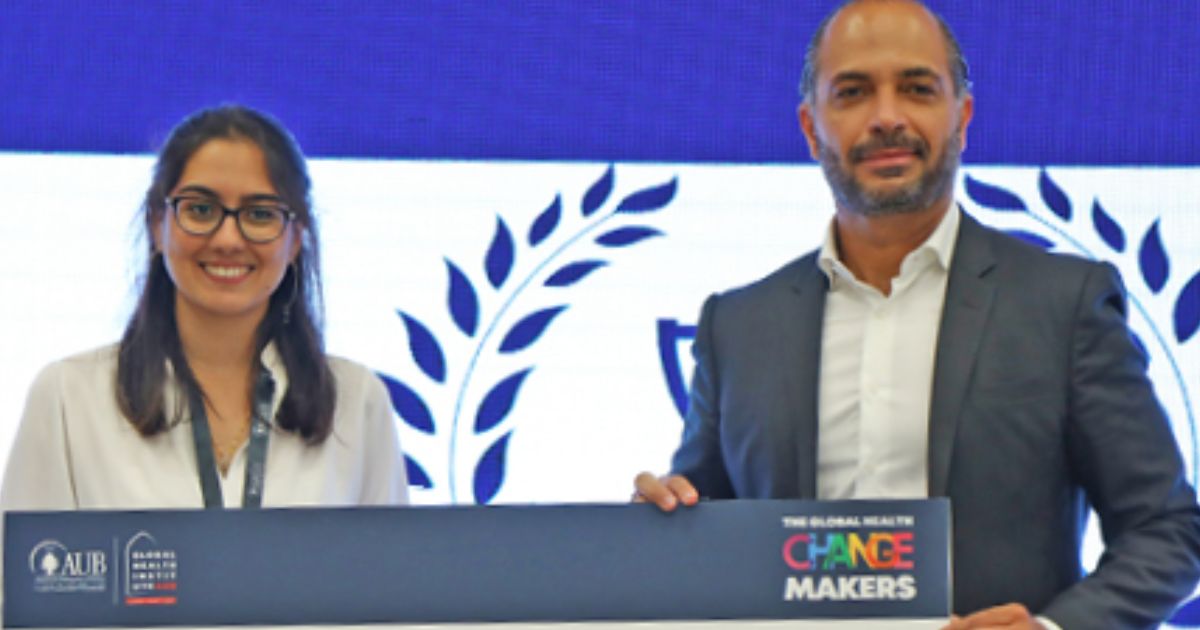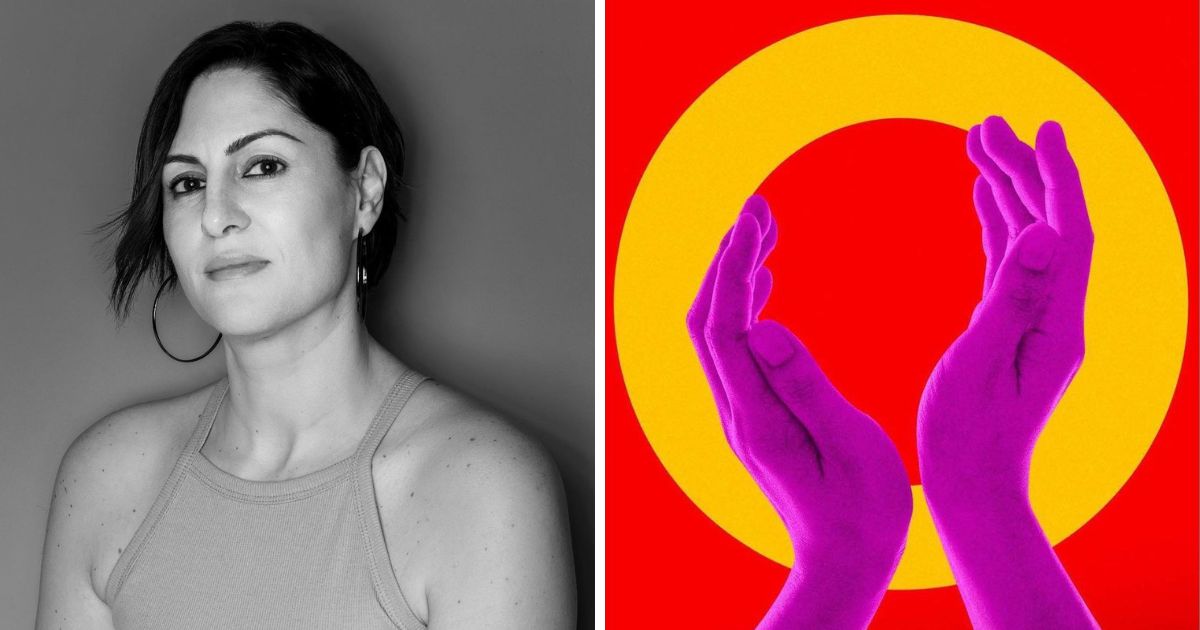As many of us know, like many businesses and institutions in Lebanon, the American University of Beirut (AUB) has been struggling with the dual problems arising from the pandemic from one side and the financial crisis from another.
Award-winning author and foreign affairs columnist David Ignatius wrote an opinion piece on the Washington Post where he stated why it is vital for the United States to invest in helping AUB.
He characterized the university as “part of the United States’ benign soft power,” holding that it contributes to helping rebuild the world after the pandemic and protests wash over.
He also sees it as a proactive move against the Chinese, who have already begun making connections with universities in the region. He stressed that if the U.S. government does not take the opportunity, China will.
In his writing, Ignatius reflected on AUB’s woes during the “year of pandemic and economic lockdown.” Of course, educational institutions around the world are facing problems with the pandemic crisis as well.
However, he said, “AUB’s [crises] are more severe than most, because of the bitter reality that the nation of Lebanon is imploding around the university due to a corrupt government, sectarian politics, and the global economic collapse.”
Indeed, AUB is currently facing its worst financial crisis ever, according to its president Dr. Fadlo Khuri.
Dr. Khuri, who reached out to Ignatius, said he plans on laying off up to 25% of the university’s staff. But he’s holding on to a bit of hope that the U.S. government would do more to help its humble establishment in the Middle East.
When Ignatius visited Lebanon 40 years ago, he quickly developed a fondness for the AUB, a place that holds true American values in his eyes. “I can’t think of an investment abroad that’s likely to pay bigger dividends in terms of human capital.”
In the past 150+ years, the university has graduated some of the most influential and successful Lebanese people. “A measure of AUB’s outsize impact is that 19 of the delegates who established the United Nations in 1945 were graduates of the university,” he wrote.
If this American columnist’s words can reach out to the government, it can save hard-working employees, hopeful students, many families, and preserve Lebanon’s most prominent century-old American institution.
